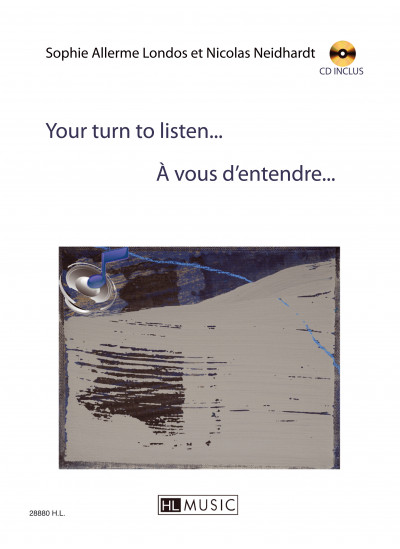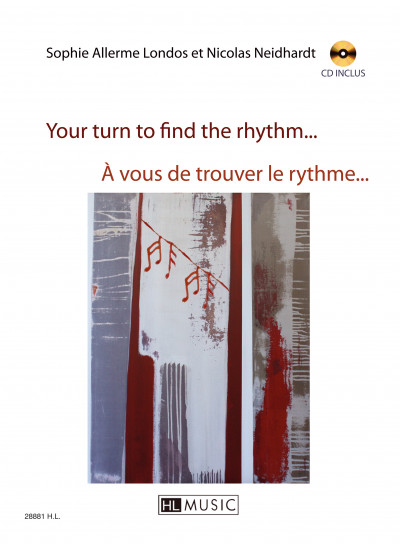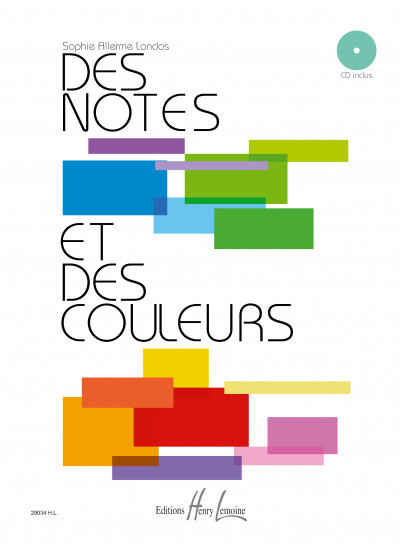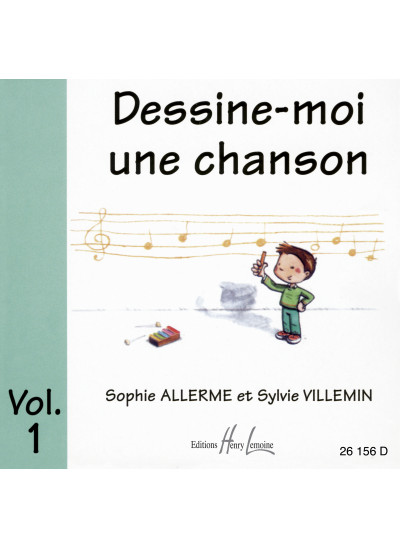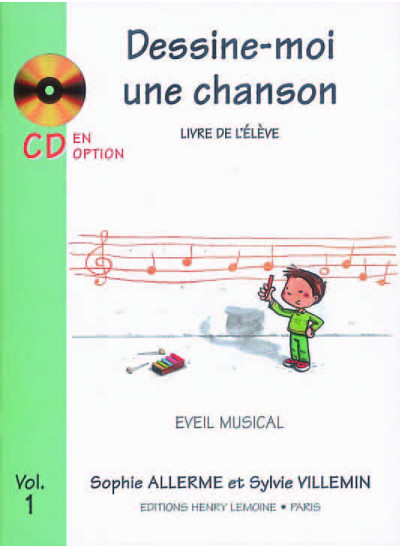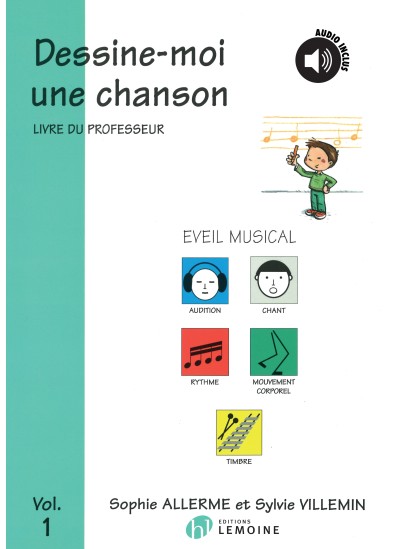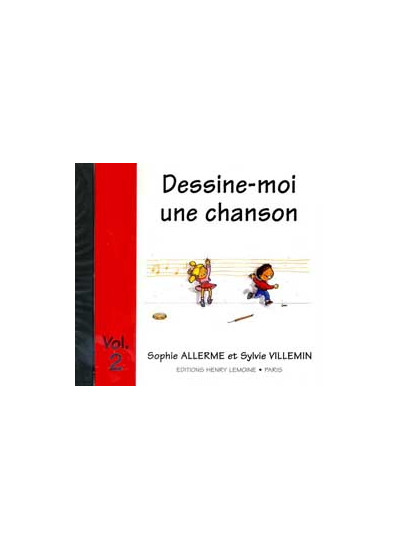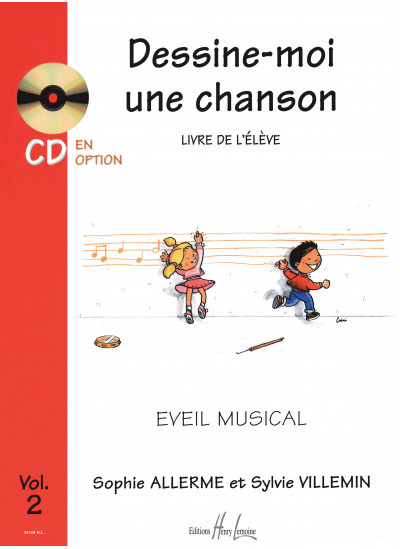
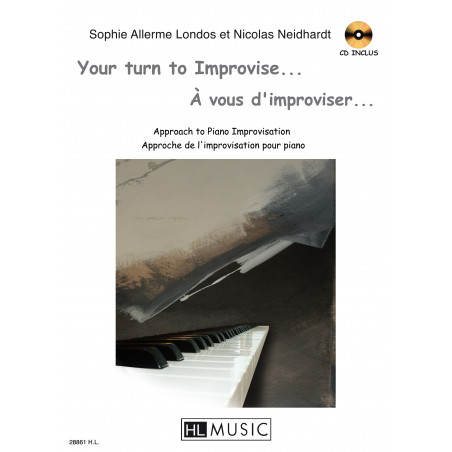

A vous d'improviser... - Your turn to improvise...
Play
a sample
Content:
- Chapter 1 - Philosophical Approach
- Chapter 2 - Get Prepared to Improvise
- Chapter 3 - Start to Improvise
- Chapter 4 - Learn the Chord Symbols
- Chapter 5 - Create Your Own Chords
- Chapter 6 - You May Call Him, "Anatole"
- Chapter 7 - Building up the chords
- Chapter 8 - The return of the black keys
- Chapter 9 - Let's Modulate !
- Chapter 10 - Already done ?
Chapter 1 - Philosophical Approach
1. Questions and answers
N.N.: Sophie, why are you interested in improvisation today?
S.A.: I studied classical piano for several years. My technical level is quite good and therefore I have a large choice of repertoire, but I need to rely on a score. I've always had the desire to discover improvised music such as jazz, but it seemed out of reach.
Today I'd like to reach a level of free expression in my piano playing.
What about you? How did you get into improvisation and why would you like to share this experience?
N.N.: I started to improvise while I studied jazz at the Paris Conservatory. My technical level was good enough to get started and I discovered a great way to express my feelings and sensitivity. I'd like to share this approach with those who are searching for a fresh approach and who are willing to explore unknown territories.
Sophie, why does improvisation seem difficult?
S.A.: I think it's all about getting started and being brave enough to put my classical training aside for a little while.
What is the main difference between written and improvised music?
N.N.: You could compare it to the difference between telling someone an existing story and creating your own story!
Improvisation is a direct dialog with yourself that asks you to be your own judge and audience at the same time. Written music is based on a personal interpretation of an existing pieces of music. Improvisation opens the door to individual creativity which is a wonderful experience to share.
2. Before you start:
This method is intended to be different by its approach and content. You will learn to re-train your ear and access your imagination.
Unlike continuous work with a score, a metronome and a teacher, your learning process will free you to rely on your ears, your inspiration and your emotions.
We ask you to use what you've learned before in order to get back to simplicity. Improvisation is not about technical performance.
The exercises called, "your turn to improvise..." can be repeated as often as you'd like. You will see that the results will always be a different and often unexpected!
An Audio CD will guide you through this method. The audio examples will provide you with a foundation on which you may build.
Now take a listen to track 1 2 on the CD. The pieces you will hear are examples of improvisation that you will be able to play very soon.
And now YOUR TURN TO IMPROVISE!





